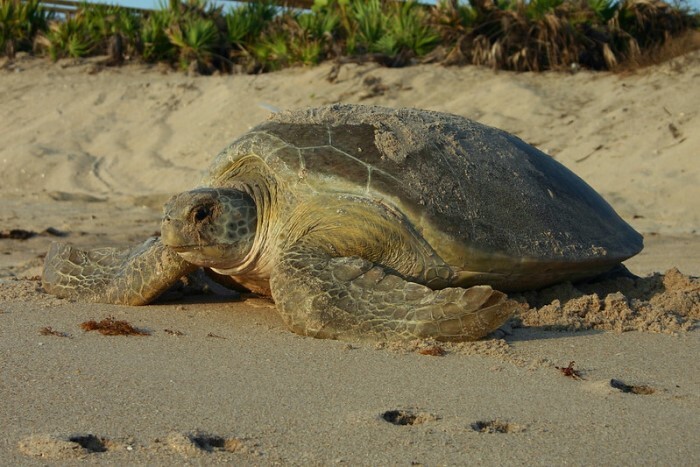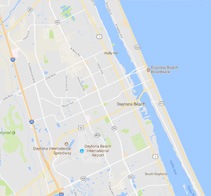
Nesting Season Has Begun

Did you know that turtle nesting season has started? According to the Florida Fish and Wildlife Commission, nesting season is also underway for shorebirds, seabirds, and wading birds.
From March to November, female sea turtles will return to our beaches to lay their eggs. Nesting and hatching is a very difficult process for sea turtles.
Birds encounter similar hazards. During this time of year, many shorebird and seabird species nest directly on beaches across the state where their eggs and chicks are well camouflaged in the sand. Colonies of wading birds, such as herons, will typically nest on mangrove islands off the coast. Because our state’s beaches and shorelines are critical for waterbird nesting, people enjoying time near the shore can play a big part in their nesting success.
What can you do to help?
-
Whether boating or on land, watch for signs designating Critical Wildlife Areas (CWA) on the beach or coastal islands – these areas are closed to public access to protect high concentrations of wading birds and shorebirds while they nest and raise their chicks. You can help nesting birds by giving space and keeping noise volumes low near CWAs.
-
Shorebirds and seabirds nest in shallow scrapes in the sand and their eggs and chicks are well-camouflaged, making them vulnerable to being stepped on. Help beach-nesting birds by giving them at least 300 feet of space and walking around – rather than through – bird flocks. Getting too close to nesting birds can cause them to fly off, leaving vulnerable eggs and chicks exposed to dangerous elements and predators. If you bring your pup to a dog-friendly beach, keep them on leash and away from nesting or resting birds.
-
Avoid lights on the beach at night (flashlights, cell phones, other sources of artificial light).
-
NEVER disturb a nest or turtle.
-
If you dig a hole on the beach, fill it and smooth the sand before leaving.
-
When boating, obey speed signs and don't anchor in seagrass.
-
Pick up litter to prevent turtles from mistaking trash for food.
Garbage and food scraps attract predators, such as raccoons and crows, that prey on shorebird eggs and chicks. Litter on beaches and in the water can entangle birds, turtles and other wildlife. Beachgoers can help beach-nesting birds and other native wildlife by properly disposing of trash and removing personal gear from the beach before nightfall. If fishing, dispose of used line properly, as it can be deadly to waterbirds, sea turtles and other wildlife.






